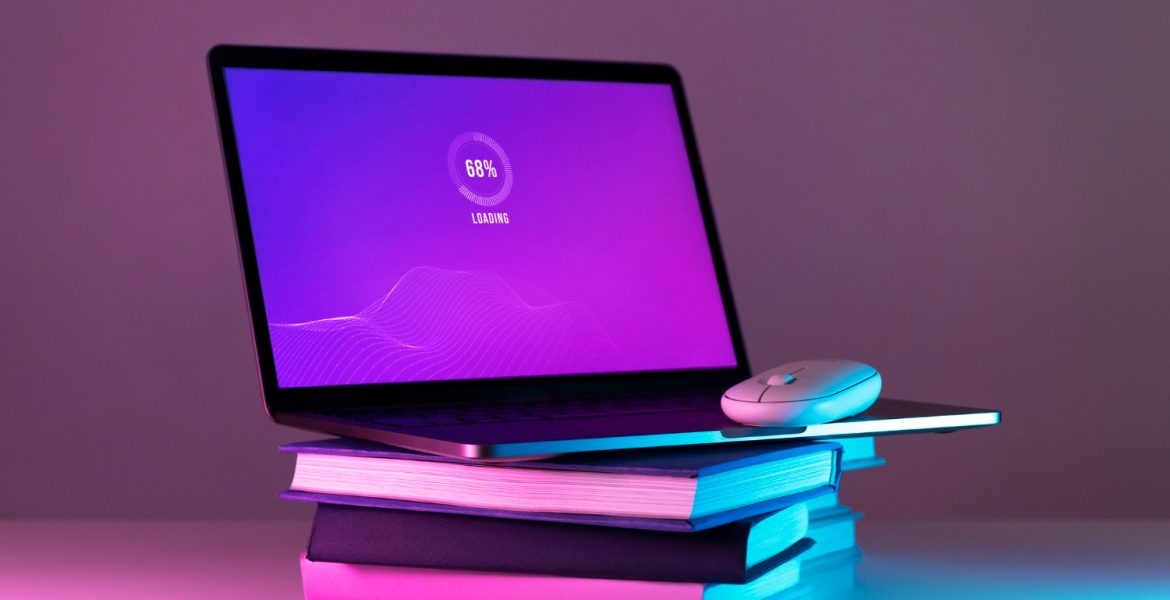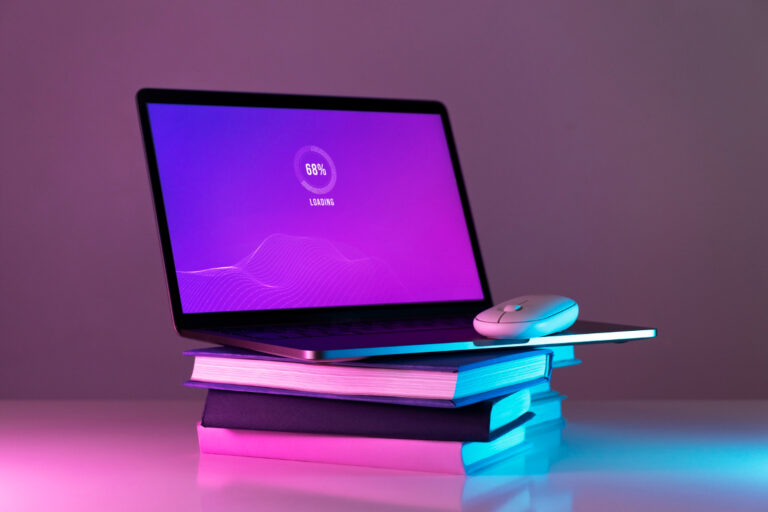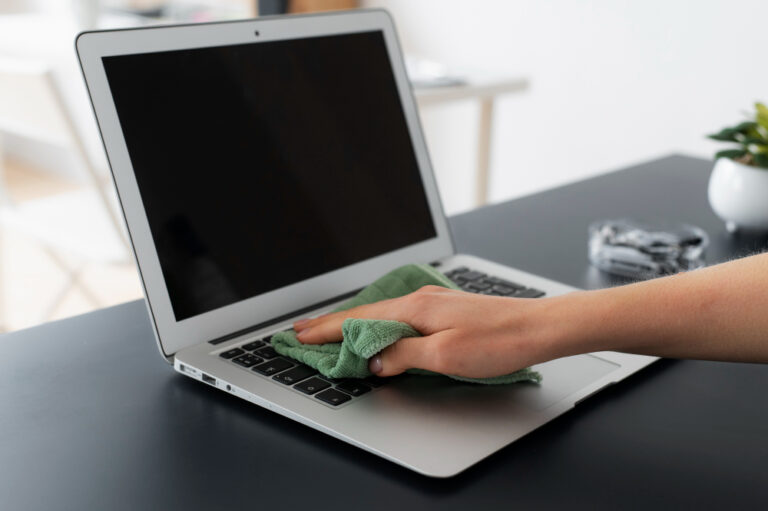

How to Optimize Your Laptop and Desktop for Better Performance
Maintaining optimal performance on your laptop or desktop ensures smooth operation, faster processing speeds, and increased productivity. Over time, systems can slow down due to unnecessary files, outdated software, or hardware issues. Here are practical steps to enhance your device’s performance.
1. Keep Your System Updated
Regular updates improve security, fix bugs, and enhance performance. Ensure:
- Your operating system (Windows/macOS) is up to date.
- Drivers, especially for graphics and peripherals, are updated.
- Software and applications are running the latest versions.
2. Manage Startup Programs
Too many startup programs slow down boot time. To optimize startup:
- Disable unnecessary programs from launching at startup via Task Manager (Windows) or System Preferences (Mac).
- Keep only essential applications enabled.
3. Free Up Storage Space
A cluttered hard drive reduces speed. Optimize storage by:
- Deleting temporary files and uninstalling unused software.
- Using disk cleanup tools to remove unnecessary files.
- Storing large files externally or on cloud storage.
4. Upgrade Hardware Components
Upgrading hardware can significantly boost performance. Consider:
- Adding More RAM: Enhances multitasking and overall speed.
- Upgrading to SSD Storage: Improves boot time and file access speed.
- Replacing an Old Battery (for Laptops): Ensures better power efficiency.
5. Optimize Power Settings
Adjusting power settings can enhance performance. On Windows:
- Set power mode to “High Performance” in Power Options.
- On macOS, adjust Energy Saver settings to maximize efficiency.
6. Scan for Malware and Viruses
Malware slows down your system and affects performance. Ensure:
- You have an updated antivirus program installed.
- Perform regular system scans to detect and remove threats.
- Avoid installing software from untrusted sources.
7. Keep Your System Clean and Cool
Overheating affects performance. To maintain a cool system:
- Keep vents unblocked and clean dust regularly.
- Use a cooling pad for laptops if necessary.
- Avoid running multiple heavy applications simultaneously.
8. Restart Your Computer Regularly
Restarting clears temporary files and refreshes system processes. Make it a habit to:
- Restart at least once a week to improve speed.
- Close unused applications instead of leaving them running in the background.
Related Articles
Integer ornare ipsum eget ridiculus. Quam id eu tempus, elit est dictum ut euignissim cursus id et integer purus.


How to Optimize Your Laptop and Desktop for Better Performance

